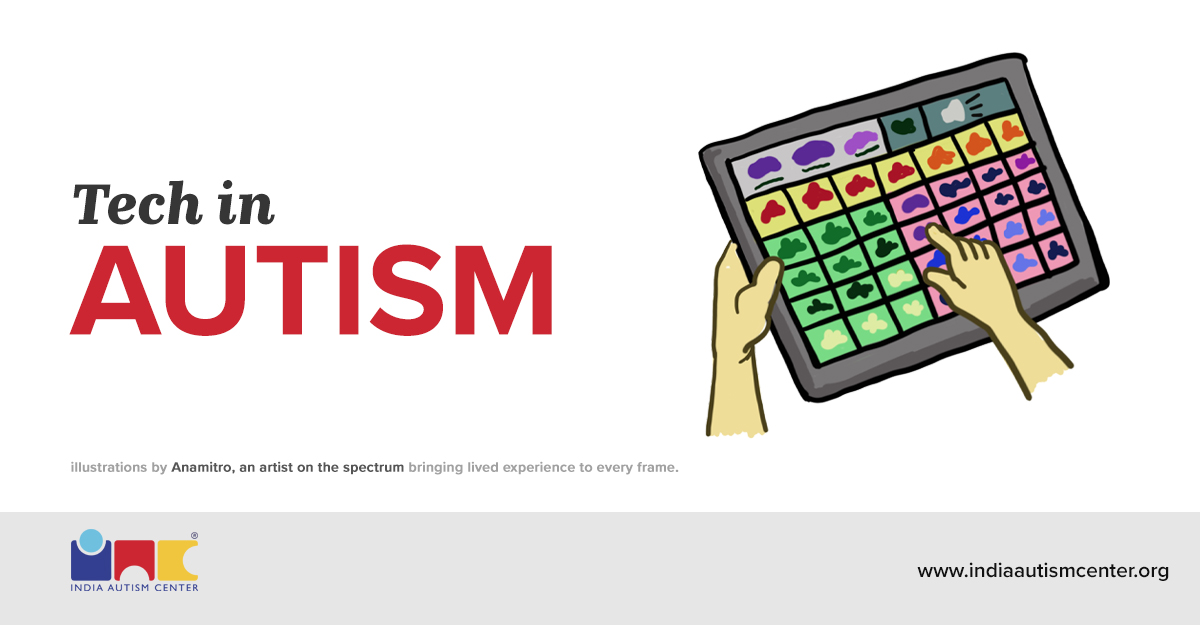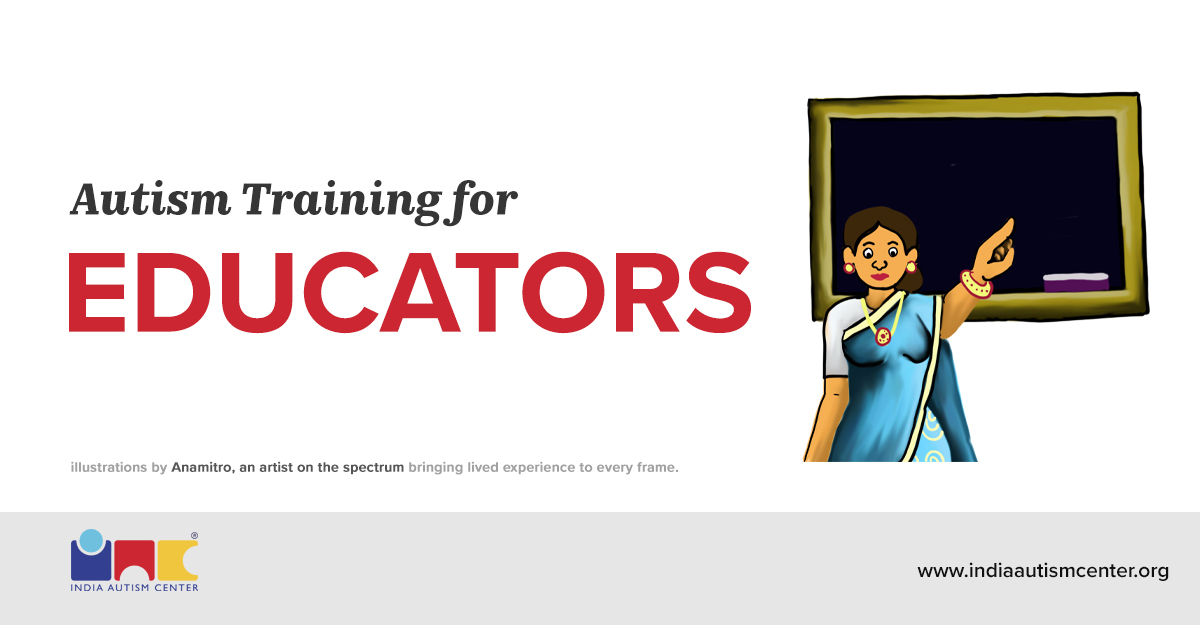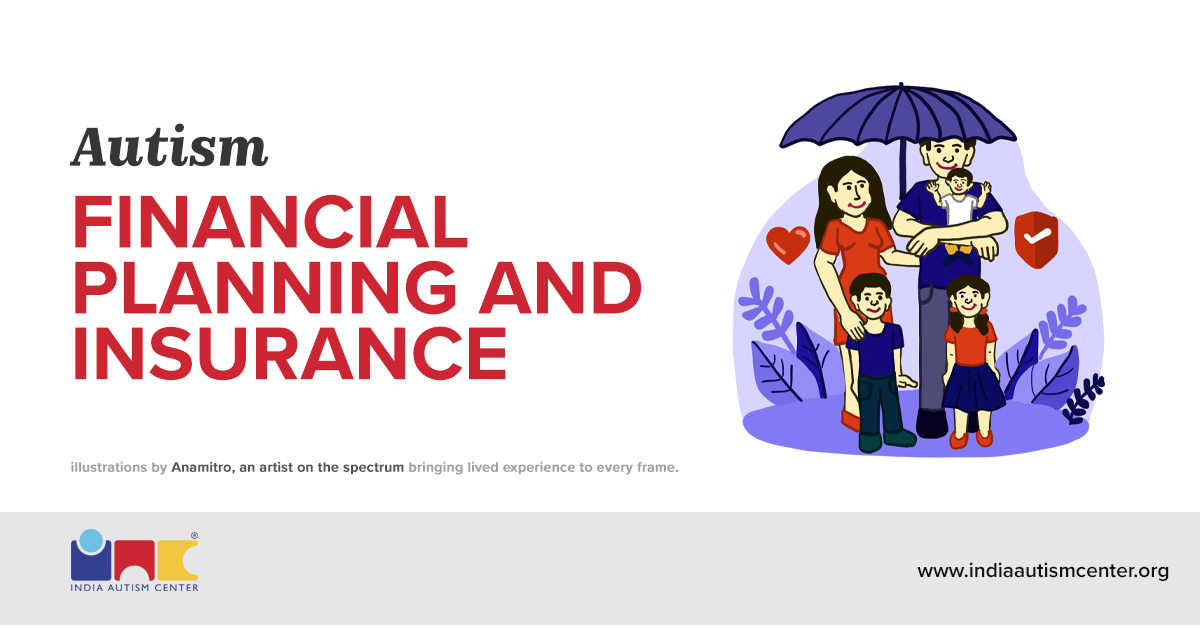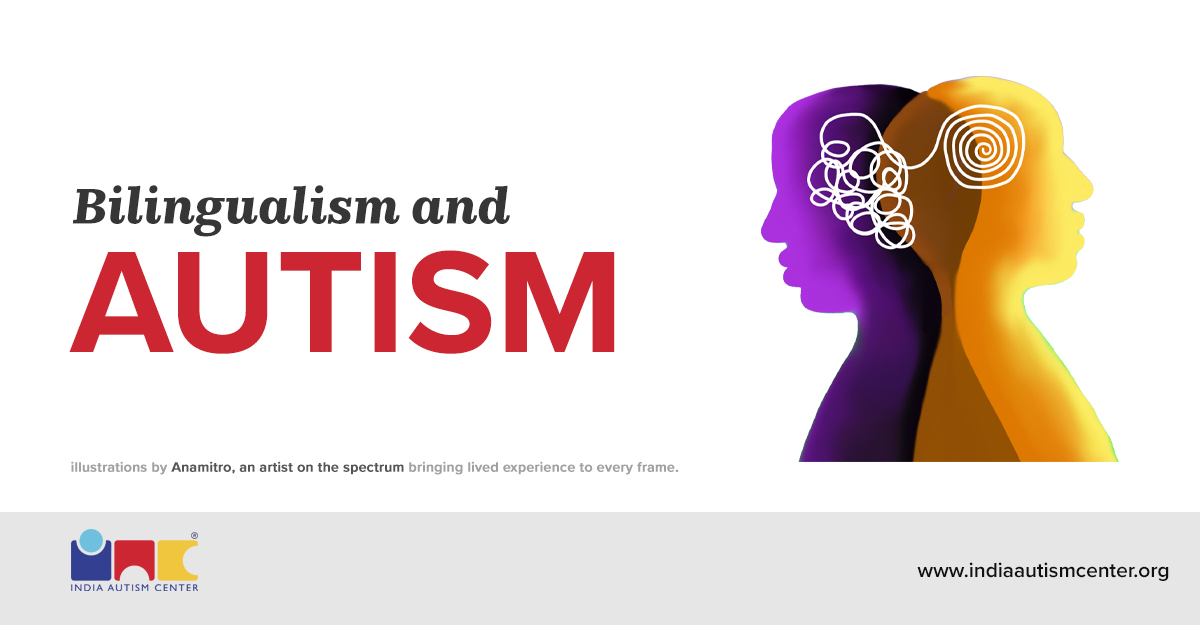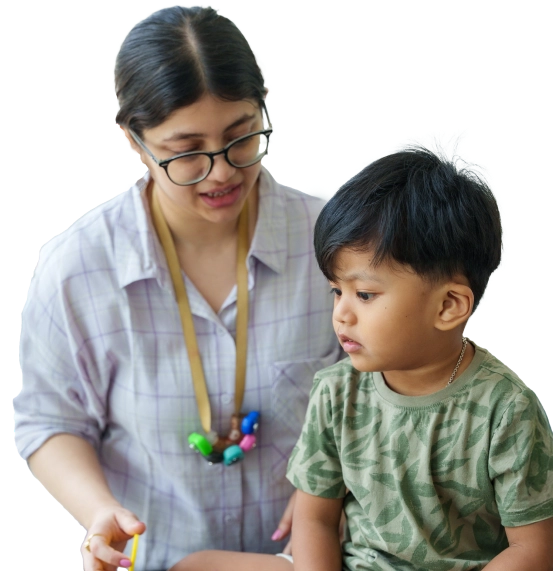The latest tech in autism is reshaping how autism is identified, treated, and supported in daily life. From artificial intelligence (AI)-based screening tools to immersive virtual reality therapies and intelligent robots, innovation is making autism care more personalized, accessible, and data-driven than ever before.
How Emerging Technologies Are Transforming Autism Support in 2026
As of early 2026, the most impactful advancements are emerging across four major domains: AI diagnostics, VR/AR therapies, wearable devices, and social robotics. Together, these tools are helping reduce diagnostic delays, improve therapy engagement, and promote independence for autistic individuals.
1. AI-Powered Screening and Early Diagnosis
Artificial intelligence is playing a crucial role in speeding up autism detection and making screening more widely available.
A notable example is the Social Interaction Recognition AI developed by ETRI. This system analyses short videos of toddlers responding to social cues and can detect early warning signs—such as limited eye contact or reduced facial engagement—in as little as six minutes.
Modern AI diagnostic tools now track:
- Eye movement and gaze patterns
- Speech and vocal tone
- Facial expressions and emotional responses
- Repetitive or atypical behaviours
These systems can be used in homes, preschools, and clinics, significantly reducing wait times for assessment and enabling earlier intervention—an essential factor in improving long-term outcomes.
2. VR and AR-Based Therapy Platforms
Virtual Reality (VR) and Augmented Reality (AR) are transforming how social and life skills are taught.
VR platforms like Floreo, which has received FDA breakthrough recognition, use immersive environments to teach:
- Conversation skills
- Emotional recognition
- Daily living tasks (shopping, crossing roads, classroom behaviour)
These experiences are grounded in Applied Behaviour Analysis (ABA) principles but delivered in engaging, game-like formats that reduce anxiety and increase motivation.
Meanwhile, AR applications such as Magic Bubbles provide sensory-rich visual overlays that help children with severe autism practice interaction and attention skills.
More advanced systems like Auticare combine XR, AI, and brain-computer interfaces to:
- Personalise therapy sessions
- Track neurological and behavioural progress
- Adapt exercises in real time based on user response
This marks a shift from static therapy models to responsive, data-driven rehabilitation.
3. Smart Wearable Devices for Emotional and Behavioural Support
Wearable technology is giving autistic individuals and caregivers powerful real-time insights into emotional and physiological states.
One of the most well-known devices, SuperpowerGlass (based on Google Glass), uses AI-driven facial recognition to detect emotions in others and provide:
- On-screen cues for social understanding
- Interactive games to practice facial expression recognition
Newer wearable systems go further by predicting emotional overload and meltdowns. By monitoring:
- Heart rate
- Stress indicators
- Movement patterns
These devices can alert caregivers before escalation occurs, helping prevent distress and improve safety.
Beyond social skills, wearables promote:
- Greater independence
- Reduced anxiety in public environments
- Better communication between users and caregivers through shared data
4. Social Robots in Autism Therapy
Robotic companions are emerging as effective tools for teaching communication, emotional awareness, and motor skills.
QTrobot is currently part of a major at-home study led by the University of Birmingham in 2026. The robot supports parents in teaching language and social interaction skills to young autistic children through structured play and guided tasks.
Other robots, such as NAO are being used in therapy centers to:
- Improve emotional recognition
- Encourage joint attention
- Support motor coordination
Research from MIT has further advanced robotic adaptability, allowing robots to adjust their responses based on a child’s engagement level, learning pace, and emotional state.
These systems offer predictable, non-judgmental interaction—often making them more approachable for autistic children than human instructors during early learning phases.
5. Emerging Trends Shaping the Future of Autism Tech
Beyond hardware and therapy tools, several digital innovations are gaining traction:
AI Chatbots
Designed for emotional support and role-play, these chatbots help users:
- Practice conversations
- Prepare for real-world scenarios
- Regulate emotions through guided interaction
Cloud-Based Therapy Analytics
Data collected from wearables, VR sessions, and assessments can now be stored and analyzed in the cloud to:
- Personalise ABA therapy plans
- Track progress across months or years
- Support clinical decision-making
Autism Tech Accelerators
In February 2026, a dedicated Autism Tech Accelerator was launched to fund and mentor neurodiversity-focused startups. This reflects growing global investment in inclusive innovation and accessibility-driven design.
Conclusion
While technology cannot replace human therapists or caregivers, it is rapidly becoming a powerful partner in autism support. These tools:
- Enable earlier diagnosis
- Make therapy more engaging
- Enhance independence
- Provide measurable insights into progress
From AI screening tools to social robots and smart wearables, innovation is helping bridge gaps in access, personalization, and consistency of care.
As these technologies mature, the future of autism support will increasingly blend human empathy with intelligent systems, offering more inclusive, adaptive, and effective pathways for individuals on the autism spectrum.

